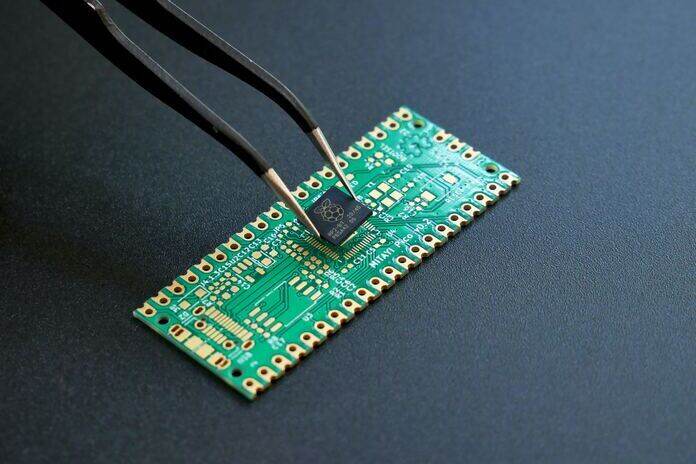Advanced Micro Devices (NASDAQ:AMD) is making significant strides in the autonomous driving sector, leveraging its robust portfolio to attract clients. The company recently made a notable impact in Sony Semiconductor Solutions‘ (SSS) automotive Light Detection and Ranging (LiDAR) reference design.
SSS has integrated AMD’s cutting-edge adaptive computing technology into its LiDAR system, promising superior accuracy, rapid data processing, and consistent reliability for the next wave of autonomous vehicles. LiDAR technology plays a crucial role in depth perception and environmental mapping, essential for advancing autonomous driving capabilities.
Partnering with AMD, SSS, recognized for its proficiency in image sensor technology, developed a LiDAR reference design tailored to the complex requirements of autonomous vehicle development. This collaboration ensures enhanced safety across various driving scenarios.
The SSS LiDAR reference design, equipped with the IMX459 sensor powered by AMD Zynq UltraScale+ MPSoC adaptive SoCs and Artix-7 FPGAs, offers automakers and automotive equipment suppliers a comprehensive perception platform. This platform facilitates precise navigation through intricate driving scenarios, swiftly identifying potential hazards with exceptional accuracy.
Expanding Portfolio
AMD continues to broaden its market-leading FPGA portfolio with the introduction of the AMD Spartan UltraScale+ family, specifically designed for cost-sensitive edge applications. These FPGAs deliver unmatched performance, power efficiency, and security features.
The Spartan UltraScale+ FPGAs feature flexible I/O interfacing, power-efficient compute capabilities, and state-of-the-art security features, catering to the growing demands of edge computing. With support for advanced connectivity standards and robust IP protection mechanisms, these FPGAs offer a scalable and future-ready solution for diverse edge applications.
Additionally, AMD unveiled AMD Embedded+, a novel architectural solution merging AMD Ryzen Embedded processors with Versal adaptive SoCs onto a single integrated board, delivering scalable and power-efficient solutions.
In January, AMD expanded its gaming portfolio with the introduction of the Radeon RX 7600 XT graphics card, featuring 16GB of high-speed GDDR6 memory to support next-generation AI and content creation workloads.
Furthermore, AMD enhanced its desktop portfolio with the Ryzen 8000G series desktop processors for the AM5 platform, including the Ryzen 7 8700G, boasting the world’s most powerful built-in graphics. The Ryzen 8000G series offers up to eight cores and 16 threads.
AMD also introduced Ryzen AI to unlock more AI capabilities for desktop consumers and unveiled new Ryzen 5000 processors, including the Ryzen 7 5700X3D, leveraging powerful 3D V-Cache technology.
Featured Image: Unsplash








